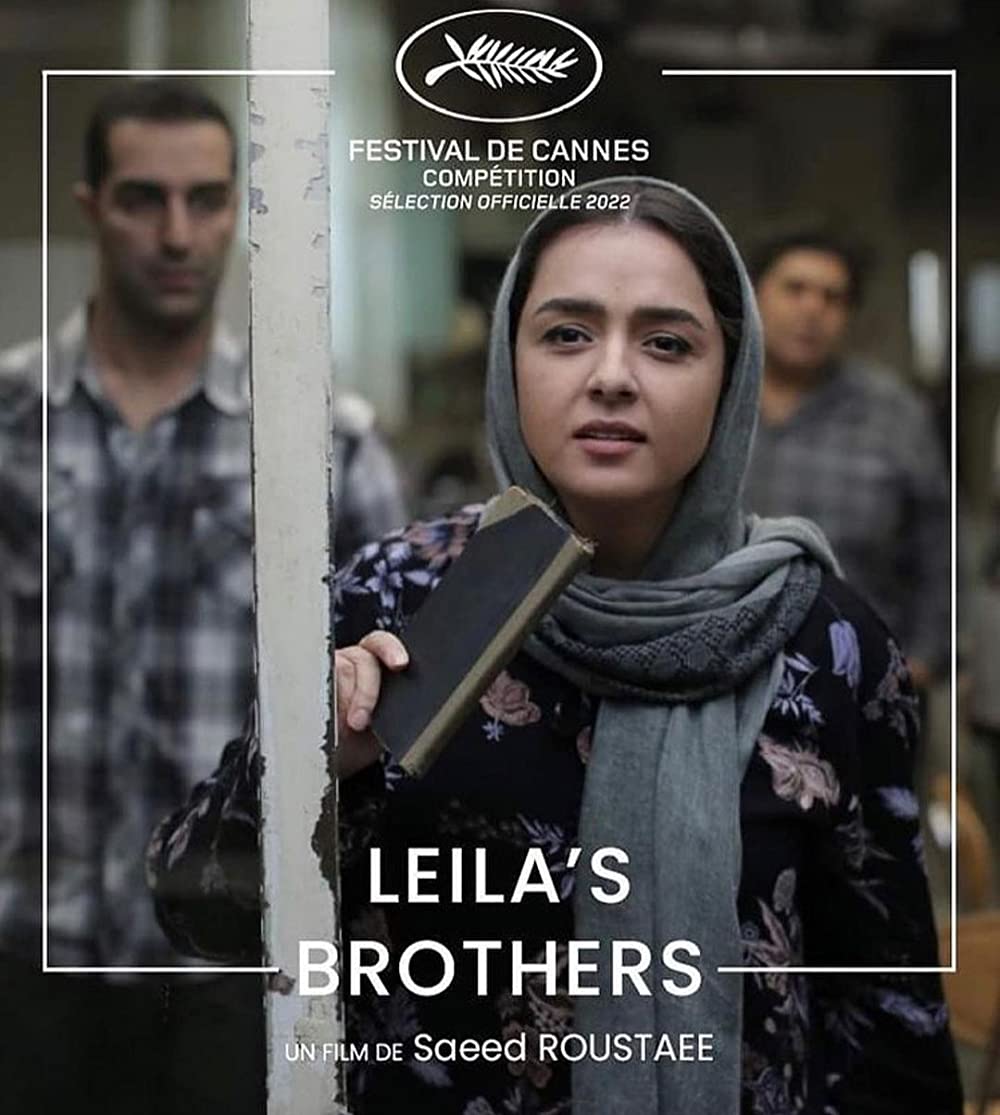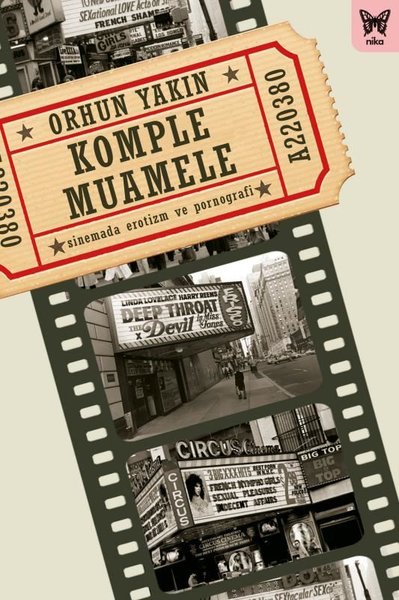Our second guests at Bollywood Exclusive Interviews are Mansi and Varun Bagla, well-known entrepreneurs and producers in Bollywood.
Since Bollywood has been the largest movie producer, can we say that Bollywood tells all the stories of India?
I do believe, over the years, Hindi cinema has really grown and become progressive in terms of its content. Yes, it does tell out a major chunk about the stories of India. We have films for entertainment but they cover messages from society to highly relevant ones in today’s times.
Is “Hinglish” a necessity to reach out to a wider audience or an element of transition in moving towards a more national or global cinema?
Yes, Hinglish definitely helps set the premise for most stories in Bollywood. It helps to reach out to wider audiences, especially in tier 2 and tier 3 markets.
Masala films, parallel cinema, or a mixture of them. How do you think Bollywood will evolve in the future? What can be the innovations and continuities in terms of genres and content?
Nowadays there is a very blur line between masala (a combination of drama, comedy, and action) and offbeat films. The Parallel cinema was what we referred to in the past. Today content is the king. That’s the main base for any film to be a blockbuster or to be loved by the audiences. In terms of genre, definitely raw and real content-driven cinema will always find a place in today’s audience’s hearts and minds. The innovation that I would like to see is to work systematically. There’s no system in the entertainment field. I would like to bring this revolution through my production house.
Bollywood is known to be problematic when it comes to women’s representation in films. Additionally, when we look at the number of female filmmakers, it is safe to state that the industry is male-dominated. Do you think is there any potential for change in this matter? Does the lack of representation of women in the sector stem from cultural judgment?
Well, we do not completely agree with that. We have been having a lot of filmmakers making women-led films that have done well across. Films like Neerja, Queen, Kahaani, Veere Di Wedding have scripts that women have taken center stage in. They also have done fantastic business. But I believe that more is to be seen and made.
Has Bollywood reached the upper limit it deserves in India and around the world?
We are having our films and actors representing Bollywood at many film festivals nationally and internationally. So yes, the next step is to reach out to a larger global audience. I think with more and more innovative cinema-making and strong storytelling, we will be on the global map soon!








